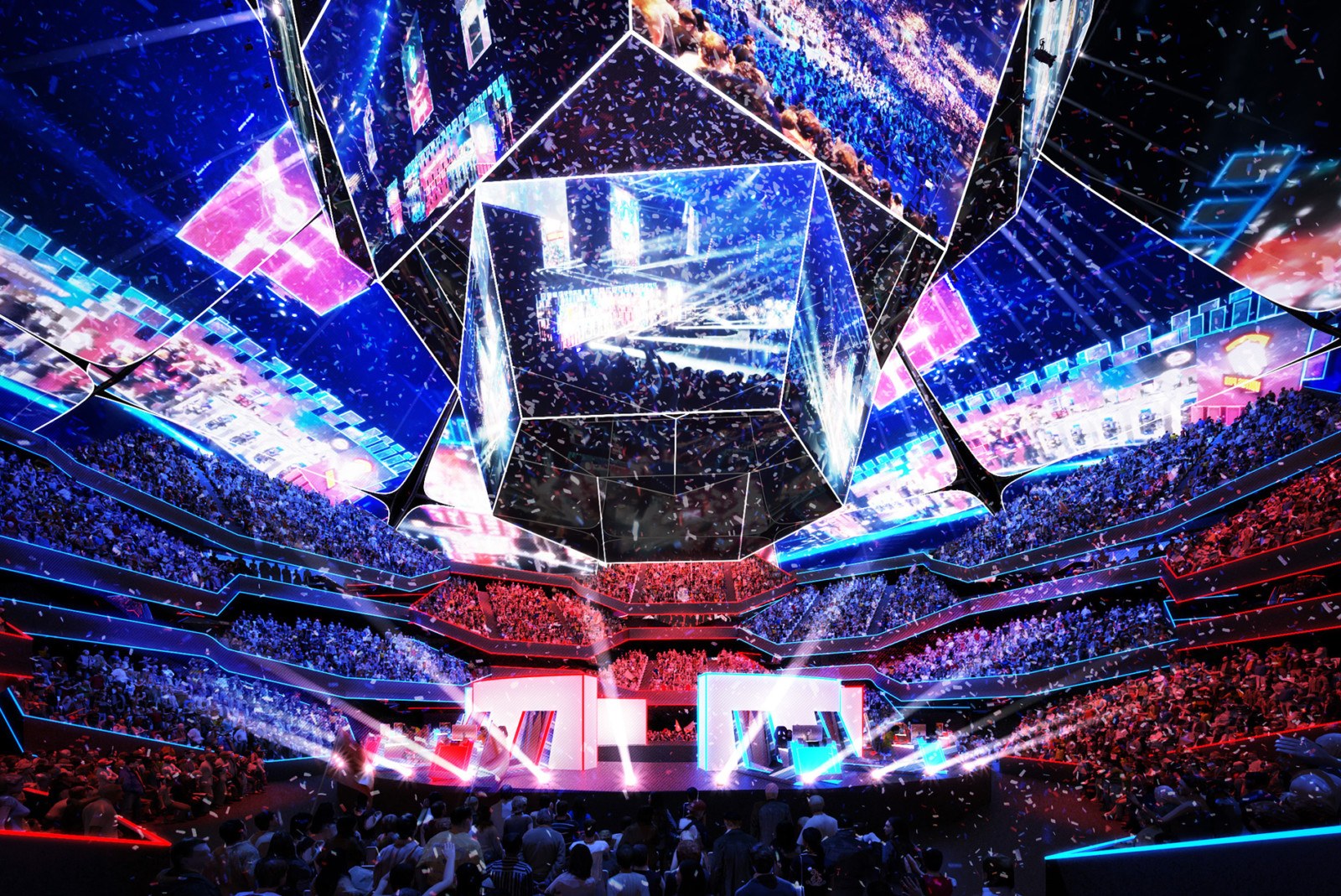Rashed Singaby, a principal and senior project designer based in Kansas City, spoke with ArchDaily about the growth of esports, the evolution of venues to accommodate them and how COVID-19 is impacting the emerging industry.
Excerpted from ArchDaily:
When Rashed Singaby, principal at HOK, was contacted by a former client about how an existing stadium could be retrofitted to host esports events, he immediately knew this was an opportunity to create a blueprint for a type of space that has never existed before. Singaby and his team formulated a small research group to test and understand both the standards for each type of esports game and classify them into operational substructures.
From the small scale of the ergonomics of a gaming chair, all the way to understanding what it means to host an esports festival from a high-level experiential aspect, the HOK team quickly became leading subject matter experts in developing this emerging universe that could run in parallel to their already highly successful and innovative traditional sports practice.
“We knew this was a new market and after we looked at the number of fans, gamers, and the revenue this was generating compared to the lack of structure, we realized this was a great opportunity to design something new,” said Singaby.
The design of these arenas also presents itself with a new opportunity, since growing a fan base will be key for a return on investment for owners who want to future-proof the infrastructure of their venues to host esports events. Particularly, these venues need to be outfitted with high-speed internet, advanced technology structures, large viewing screens, and back of house mechanical rooms to ensure the experience for fans and players is seamless. Newly constructed venues solely dedicated to esports arenas as stand-alone sites might not be as frequent, as current arena owners are more focused on retrofit opportunities. Even the big-box retail stores that have closed due to the increase in e-commerce have repositioned themselves as potential esports venues.
